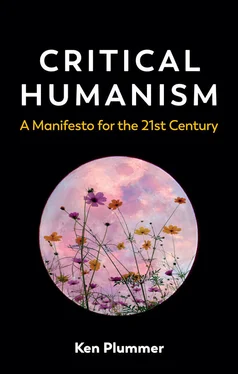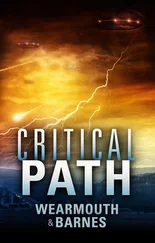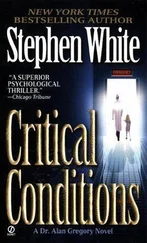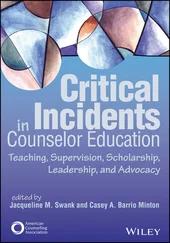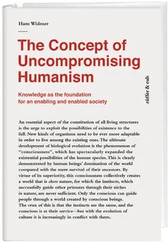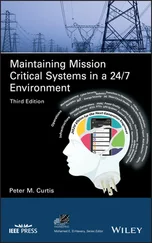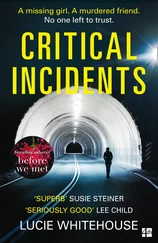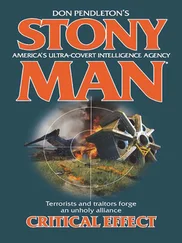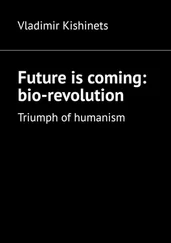Ken Plummer
polity
Copyright © Ken Plummer 2021
The right of Ken Plummer to be identified as Author of this Work has been asserted in accordance with the UK Copyright, Designs and Patents Act 1988.
First published in 2021 by Polity Press
Polity Press
65 Bridge Street
Cambridge CB2 1UR, UK
Polity Press
101 Station Landing
Suite 300
Medford, MA 02155, USA
All rights reserved. Except for the quotation of short passages for the purpose of criticism and review, no part of this publication may be reproduced, stored in a retrieval system or transmitted, in any form or by any means, electronic, mechanical, photocopying, recording or otherwise, without the prior permission of the publisher.
ISBN-13: 978-1-5095-2794-6
ISBN-13: 978-1-5095-2795-3(pb)
A catalogue record for this book is available from the British Library.
Library of Congress Cataloging-in-Publication Data
Names: Plummer, Kenneth, author.
Title: Critical humanism : a manifesto for the 21st century / Ken Plummer.
Description: Cambridge, UK ; Medford, MA : Polity Press, 2021. | Includes bibliographical references and index. | Summary: “A passionate defence of human value and human potential”-- Provided by publisher.
Identifiers: LCCN 2021006115 (print) | LCCN 2021006116 (ebook) | ISBN 9781509527946 (hardback) | ISBN 9781509527953 (paperback) | ISBN 9781509527960 (pdf) | ISBN 9781509527984 (epub)
Subjects: LCSH: Humanity. | Humanism--Social aspects. | Human beings.
Classification: LCC BJ1533.H9 P58 2021 (print) | LCC BJ1533.H9 (ebook) | DDC 179.7--dc23
LC record available at https://lccn.loc.gov/2021006115
LC ebook record available at https://lccn.loc.gov/2021006116
Typeset in 10.5 on 12 pt Sabon
by Fakenham Prepress Solutions, Fakenham, Norfolk NR21 8NL
Printed and bound in Great Britain by CPI Group (UK) Ltd, Croydon
The publisher has used its best endeavours to ensure that the URLs for external websites referred to in this book are correct and active at the time of going to press. However, the publisher has no responsibility for the websites and can make no guarantee that a site will remain live or that the content is or will remain appropriate.
Every effort has been made to trace all copyright holders, but if any have been overlooked the publisher will be pleased to include any necessary credits in any subsequent reprint or edition.
For further information on Polity, visit our website: politybooks.com
Boxes, Tables and Figures
Boxes
0.1 Defining humanity
1.1 Connecting humanity: the critical humanist project
1.2 An expanding concern over human rights
2.1 Eight ways to destroy the planet over a few hundred years
5.1 Stories of an emergent human species: critical moments
5.2 Meta-narratives of worldly care: a few symbolic moments
7.1 A cascade of effervescent politics of humanity
7.2 Thinking beyond the West: an emerging consciousness
Tables
2.1Monitoring the mutilated world
3.1Hierarchies of humanity: the dehumanization of others
4.1Making sense of atrocity and anti-humanity
5.1Media landmarks of narrative humanity
7.1The Sustainable Development Goals for a world in 2030
8.1Social imaginaries for a post Covid-19 world: from damaged humanity to a humanized world
8.2Humanizing economies: from market values to human values
8.3Humanizing the digital world
Figures
1.1 The connective spiral of humanity
2.1Global inequality regimes, 2018
3.1Circles of connective humanity
6.1The Inglehart–Welzel World Cultural Map
My special thanks to Jonathan Skerrett, who has been my advising editor for the past three books. I have had some really good editors over quite some time, starting with Peter Hopkins at Routledge one very drunken lunch back in 1972; Jonathan has been wonderfully supportive, critically shrewd and very patient. I also thank Karina Jákupsdóttir for always being there to help bring this book into fruition. Sarah Dancy revised a very messy text into a much clearer one and I am very grateful. Thanks too to Evie Deavall (production) and Michael Solomons (index).
Nowadays, most of my intellectual debts go back a long way and most of my teachers, sadly, are dead. My earliest tutors (and colleagues), Stanley Cohen, Mary McIntosh and Jock Young, among others, taught me not only a passion for doing academic things that personally matter, but also showed me that intellectual life can be fun and enjoyable. John Gagnon and Bill Simon were dear friends as well as extraordinary thinkers. Michael Schofield was there with my very earliest worries. I remember them all with deep fondness.
A few people have been regular supports and I thank them dearly: Molly Andrews, Neli Demireva, Carlos Gigoux, Miriam Glucksmann, Mark Harvey, Phil Jakes, George Kolanckiewicz, Travis Kong, Harvey Molotch, Ewa Morawaska, Lydia Morris, Peter Nardi, David Paternotte, Colin Samson, Steve Smith, Arlene Stein, Jeremy Tambling, Pauline Tambling, Paul Thompson, Jeffrey Weeks and Glenn Wharton. I especially thank Rob Stones for years of engaged discussion and for a critical but sympathetic early reading of this work. And I thank Daniel Nehring for all his detailed, critical and generous comments on a final draft of the book. This has not been an easy book to write, but I hope it can make a small and timely contribution to a never-ending debate.
Sadly, although my Gay Liberation Front days were a critical turning point in my life, I have never been quite the activist I would have liked to have been. But I have always admired those who are. Any proceeds from this book will be donated to Amnesty International.
Finally, I dedicate this book to my dear brother Geoff, who died as I was completing it, after many years of cheerful illness. I am very thankful for my family of ‘Plummers’: Ethel, Len, Steph, Jon and Tony, Chris and Lorraine, Abigail and Emily. Most of all, I fear I could do very little without the perpetual kindness, support and love of my life-long partner and ‘bestest friend’, Everard Longland. We have had a long and wonderful journey together.
Wivenhoe, November 2020
Imaginations: Only Connect
Only Connect. Tell the Stories.
Connect the machine to the action
And the action to the person.
Connect the person to the other,
And the other to the self.
Connect the self to the body,
And the body to the mind.
Connect the mind to the senses,
And the senses to the community.
Connect the community to the country,
And the country to the world.
Connect the world to the earth,
And the earth to the sky.
Connect the sky to the cosmos,
And the cosmos back to humanity.
Connect the particular to the general,
And the unique to the universal.
Connect the public to the personal,
And the personal to the political.
Connect the present to the past,
And the past to the future.
Connect the media to the reality,
And the reality to the truth.
Connect the knowing to the doing,
And the doing to the values.
Connect the generations to our dreams:
Of love and kindness and care.
Connect creativity to dignity and hope,
To a politics of better worlds for all.
Читать дальше
